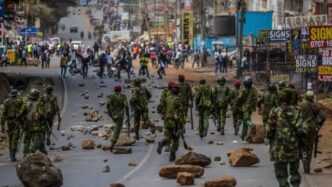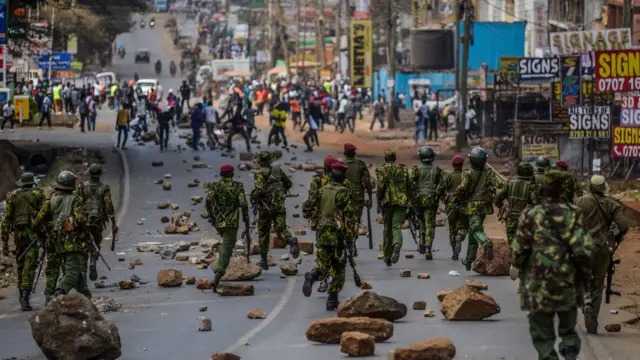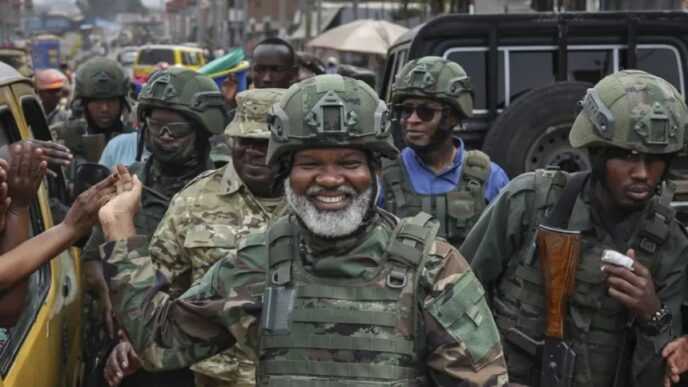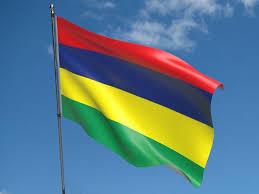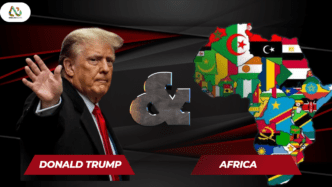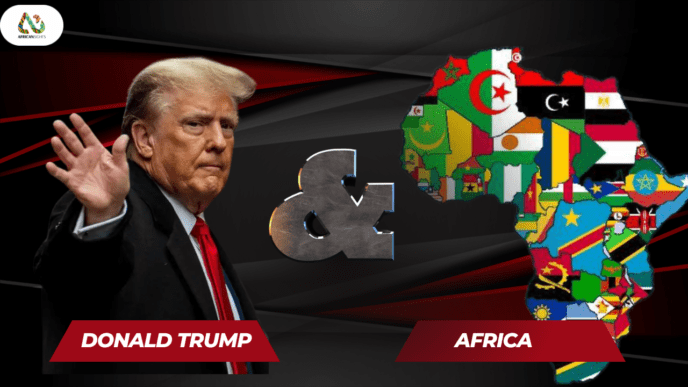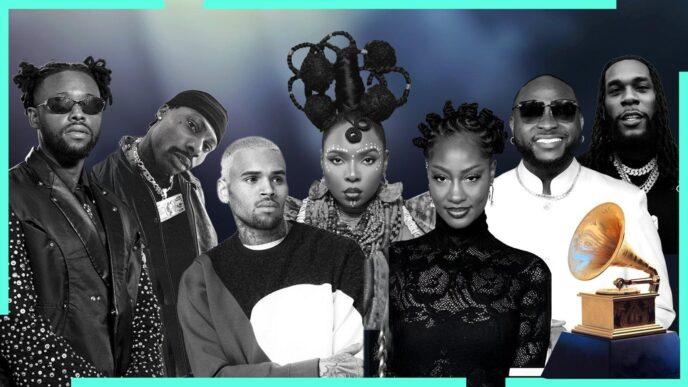In recent weeks, Kenya has witnessed escalating tensions as President William Ruto’s generous donations to churches have ignited nationwide protests and debates over the propriety of political contributions to religious institutions.
On March 9, 2025, President Ruto donated KSh20 million (approximately $155,000) to the Jesus Winner Ministry in Nairobi. This substantial contribution was met with immediate backlash from segments of the Kenyan youth, who are grappling with a high cost of living and economic challenges. Protesters argue that such funds should be directed toward pressing national issues rather than church donations. Demonstrations erupted in the Roysambu area, with youths blocking roads and setting bonfires, leading to clashes with police forces. Several arrests were made as authorities dispersed the crowds using tear gas.
This incident is not isolated. In November 2024, the Catholic Archdiocese of Nairobi declined a KSh5 million ($40,000) donation from President Ruto, citing ethical concerns and the need to maintain the church’s independence from political influence. Archbishop Philip Anyolo emphasized the importance of upholding the integrity of the church by refusing contributions that might compromise its autonomy or facilitate unjust enrichment.
Similarly, the Anglican Church of Kenya rejected a KSh5 million donation from the president, reflecting a growing trend among religious institutions to distance themselves from political affiliations. These actions underscore a significant shift in the traditional church-state relationship in Kenya, where political figures have historically made substantial contributions to religious entities.
President Ruto has defended his donations, asserting that his generosity stems from personal conviction rather than political ambition. He has urged religious leaders to view the state as a development partner rather than an adversary, emphasizing the need for collaboration between the church and the government. Despite the pushback, Ruto remains steadfast in his commitment to supporting religious institutions.
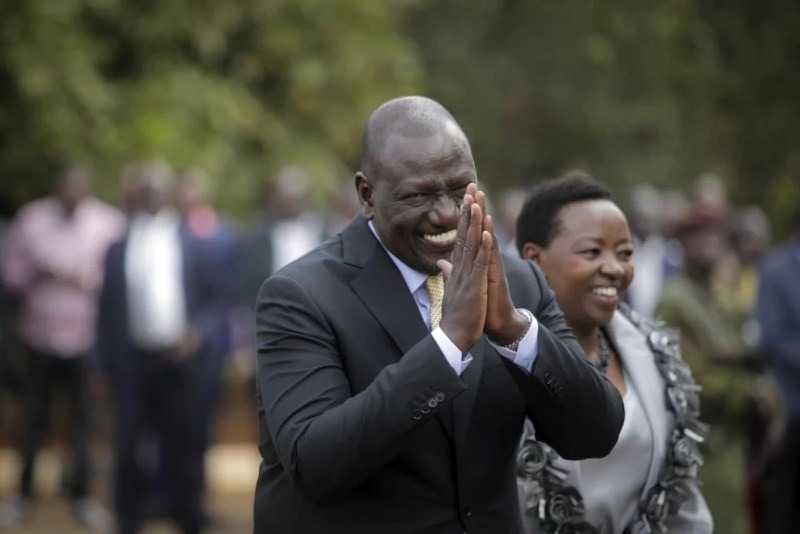
The public’s reaction to these events has been mixed. While some commend the churches for taking a stand against potential political exploitation, others believe that the funds, regardless of their source, could benefit community development projects. This ongoing debate highlights the complex dynamics between politics, religion, and societal expectations in Kenya.
As the nation grapples with these issues, it becomes evident that the relationship between political leaders and religious institutions is undergoing a transformation. The recent rejections of donations and the subsequent protests reflect a growing desire among Kenyans for transparency, integrity, and a clear separation between church and state affairs. This evolution signifies a critical juncture in Kenya’s socio-political landscape, prompting both leaders and citizens to reevaluate the roles and boundaries of their institutions.
President Ruto’s church donations have sparked a national conversation about the ethics of political contributions to religious bodies. The ensuing protests and the churches’ firm stances against accepting such donations indicate a shifting paradigm in Kenya’s approach to governance and religious independence. As the situation unfolds, it remains to be seen how these developments will shape the future interactions between the state’s political and religious spheres.
